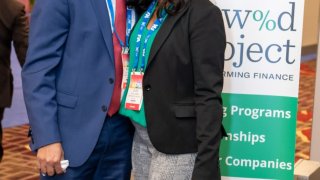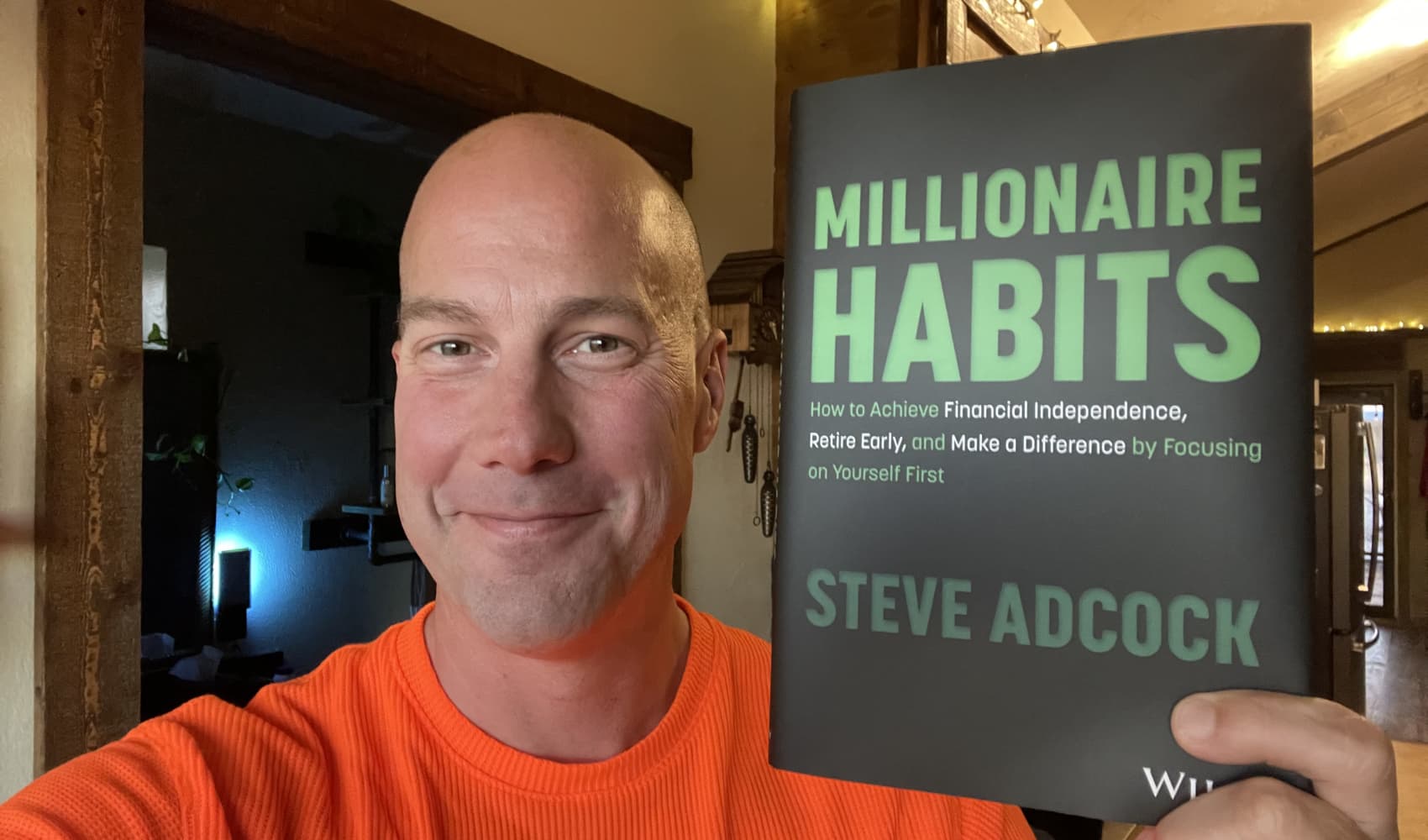
To celebrate Black History during February, CNBC + Acorns Invest in You: Ready. Set. Grow. is spotlighting everyday Americans who are investing in neighborhoods, schools and small businesses to create brighter financial futures.
During January, CNBC asked readers to nominate individuals in their communities making groundbreaking changes.
To kick off our series, CNBC highlights the husband and wife duo behind the nonprofit the Greenwood Project, Bevon and Elois Joseph. The name honors the historically prosperous Greenwood community in Tulsa, Oklahoma, also known as "Black Wall Street." On May 31, 1921, a mob of white residents destroyed Greenwood and murdered over 300 Black residents.
Bevon Joseph calls the Greenwood Project an overnight success — 20 years in the making. With over 40 years of combined experience in the financial services industry, throughout their careers Elois and Bevon all too often noticed the lack of diversity.
Get Connecticut local news, weather forecasts and entertainment stories to your inbox. Sign up for NBC Connecticut newsletters.
"I looked around the room, and not many people looked like me," says Bevon.
As his career progressed, the lack of diversity worsened, he says, and that is an environment which discourages minorities from seeking a career in financial services.
They started the Greenwood Project — which creates career pathways for Black and Latino students in the financial services industry — in 2015, in Elois's native Chicago after Bevon left his job as the CTO of a hedge fund.
Money Report
Many of their students don't grow up talking about Wall Street at their dinner table, according to Bevon. Their motto is, "You can't be, what you can't see."
Creating career pathways
The Greenwood Project offers internships, mentorships, and summer training for students. Partner firms like Morgan Stanley, Charles Schwab, and Janus Henderson agree to invest in the Greenwood Project and hire their students as paid interns.
The Josephs hope that by exposing students to finance careers, it will ultimately enable them to create generational wealth. High school students in the program are encouraged to think about finance before they decide on college majors, and while they are not forced to pursue careers in finance, nearly 80% of graduates currently work in finance.
More from Invest in You:
Majority of borrowers say taking on federal student loan debt is not worth it, CNBC survey finds
How to know if you're taking too much risk with your investments
Companies raise perks to repay employees' student loans
Currently, the college program attracts students from across the U.S., with interns in cities including Chicago, Denver and New York. The nonprofit's high school program serves kids in the Chicago area. High school students spend six weeks during the summer learning about the finance industry by visiting different companies each day.
The pilot class consisted of five college students in 2016. Since then, the Greenwood Project has served over 400 high school and college students and plans to help 220 college students in 2022. Today students are recruited nationwide through online ads. Alumni serve as ambassadors recruiting students and showing them what prospects lay ahead.
Developing partnerships
In the beginning, the couple relied on their social capital to find partner firms. But everything changed in 2020, in the wake of the murder of George Floyd. More firms wanted to partner with the Greenwood Project.
"In the summer of 2020 we went from 20 partners over three years, to ending the year with 30 partners." Bevon said.
Today, the Greenwood Project partners with 55 firms, with more on the waiting list.
This year, the Greenwood Project announced a new partnership with Citadel and Citadel Securities to expand its summer high school program. With funding from the Chicago-based hedge fund giant, the project will expand to over 60 high school students in Chicago's South and West sides.
Bevon says both students and partner firms benefit from these programs. Students learn more about the industry and gain access to mentorship. While firms, especially smaller firms, get access to an untapped talent pool.
One of the shortcomings of modern recruiting, according to Bevon, is its lack of diversity. "They keep fishing in the same ponds and don't look at a lot of smaller schools. We're disrupting financial recruiting," he said.
SIGN UP: Money 101 is an 8-week learning course to financial freedom, delivered weekly to your inbox. For the Spanish version Dinero 101, click here.
CHECK OUT: Florida is the best place to retire in the U.S., but 2 states are close runners up, analysis finds with Acorns+CNBC
Disclosure: NBCUniversal and Comcast Ventures are investors in Acorns.






